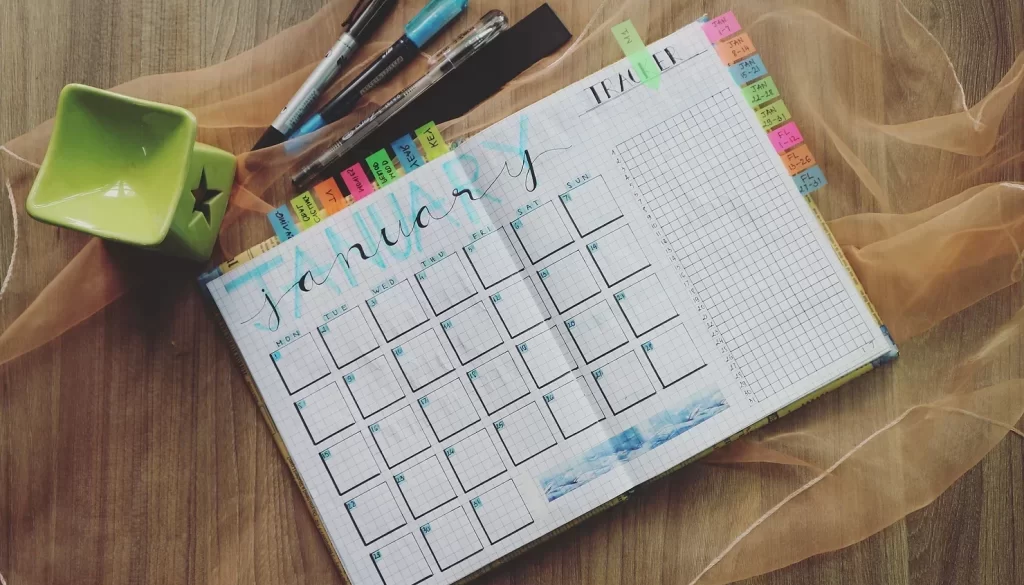Planning. It’s complex. It’s not ADHD friendly. It can be taught. Here’s how:

“We’re late, we’re late, we’re late” is a common refrain heard if you have a child with ADHD. Why? Executive functioning, or more specifically, difficulty planning. Here’s what you need to know.
Sometimes I feel like a parrot. “We need to leave. Let’s go. Out the door. Please…” “Did you unload the dishwasher? Do you remember I asked you to do it 10 minutes ago?” “We’re late for guitar lessons. Just like last week. What do you think we can do differently next time?”
All of the above have a common thread. They reflect Oliver’s difficulty with planning and his mom’s frustration in dealing with it.
Planning is the ability to consider many details and circumstances and put them together into a plan (long or short-term). In a five-year-old, this may include remembering to ask mom for an extra snack in their lunch tomorrow because they were hungry at school yesterday. For nine-year-old Oliver, it requires organizing his afternoon so that he finishes his English homework, unloads the dishwasher, squeezes in a dose of Netflix, and is ready to leave for guitar lessons, on time.
The executive functioning steps involved in planning are complex and require more brain connections and coordination between networks than other cognitive tasks. For children (and adults) with ADHD, however, planning is a lot more difficult due to how their brains are wired. Instead, they tend to have a ‘time blindness’. They often have:
- “Worry about that later” attitude, and focus on the “now”
- Difficulty calculating what’s involved in a task or how long that task might take
- Don’t concentrate easily on activities like mapping out a schedule
- Tendency not to take the time to think through the details of things
Patience. It’s natural to get frustrated with your child when they constantly make you late. It doesn’t help, though. Once you understand that they are at a biological disadvantage, the key is to first adopt an attitude of patience. Patience is what you will need to help them learn. It’s what you, as a parent, need to teach effectively.
Chunk up tasks. Try chunking up tasks using the following: MAP, PLAN, ESTIMATE, and ASSIGN. Suppose the school science fair is in a month. Work together with your child on mapping out their project timeline. Plan the various steps involved: Picking a project, buying supplies, conducting the experiment, and writing it up. Then estimate how long each of the steps will take. Lastly, work with your child to assign dates for each step.
Observe time. Give your child a better understanding of time by ‘clocking’ everyday tasks that result in them being late. For example, if your child is perpetually late for piano practice because they didn’t finish eating, experiment together. ‘Clock’ how long an unhurried afternoon snack takes. Then help your child estimate when they would need to start their snack to be on time for practice.
Get a watch. If your child doesn’t have a wristwatch, get them one. In younger children with ADHD, this is a great way to start fostering an awareness of time. In older kids, a watch is beneficial when you want a child to be aware of the passing time, but you don’t want them distracted by checking their cell phone.
Summary:
- Planning is hard for children (and adults) with ADHD because they tend to have blindness towards time.
- You can’t “fix” their difficulty with planning, but you can help them cultivate strategies and tools that will make them better planners.
- Try teaching your child to be more aware of time by ‘clocking’ tasks, getting them a watch, and chunking up complex tasks.
Join Pery to receive more insightful tips like those in the blog, all tailored to fit your family’s unique needs. We’ll not only equip you with personalized practical tools but also help you understand your child’s specific ADHD nuances and impact, guiding you every step of the way in nurturing their growth.



